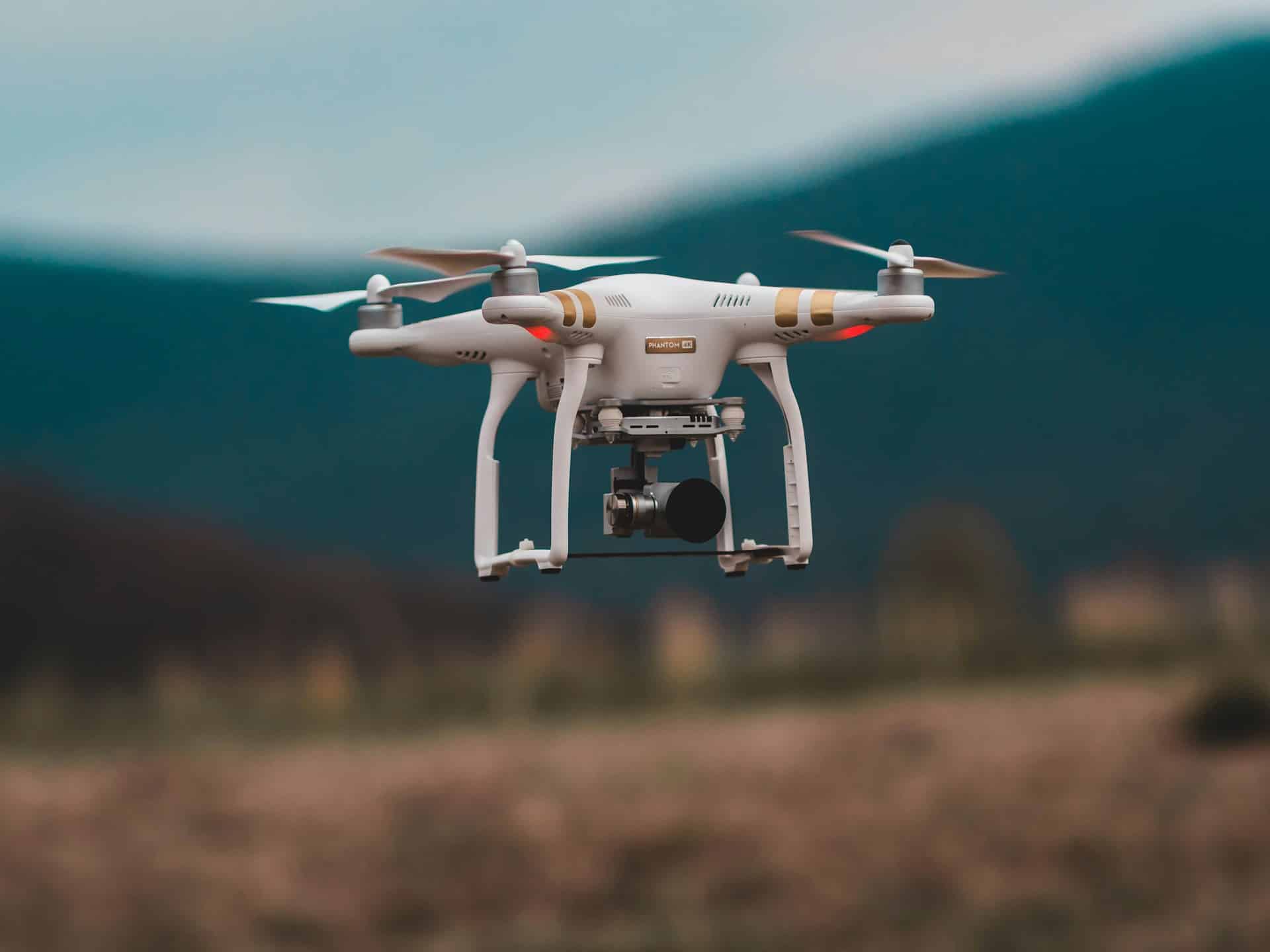What Are the Legal Considerations for UK Drone Startups Entering the Commercial Sector?

There’s a fast-growing field that’s hitting the skies – the drone industry. This isn’t just about hobbyists flying drones for fun. It’s about the commercial use of these unmanned aircraft by startups and businesses. From professional photography to surveying, these devices are disrupting traditional ways of operations across different sectors. But before you start flying your drone, it’s important to understand the laws and regulations governing their use. This article delves into the key legal considerations for UK drone startups entering the commercial sector.
Understanding the Basics: The Civil Aviation Authority (CAA) Regulations
To begin with, it’s crucial that you familiarise yourself with the rules and regulations set out by the Civil Aviation Authority (CAA). The CAA is the statutory corporation overseeing and regulating all aspects of civil aviation in the United Kingdom. They set out the guidelines for all drone operations, categorising them based on risk level and detail the requirements for each category.
A lire en complément : How Can UK Indie Music Labels Use Crowdfunding for Artist Development?
The CAA regulations are designed to ensure the safety of everyone involved, from the drone operators to the people on the ground. Any startup wishing to operate commercially must adhere to these rules. Failure to comply may result in hefty fines or even imprisonment.
All drone operators flying for commercial purposes must obtain a permission from the CAA known as the Operational Authorisation. This is essentially a licence that gives you the right to fly under certain conditions. In order to obtain this, the operator must undergo a training course with a recognised provider and pass a practical and theoretical examination.
Avez-vous vu cela : How to Optimize Local Food Distribution for UK Urban Farmers’ Markets?
Drone Categories as Defined by the CAA
The CAA separates all drone operations into three distinct categories: Open, Specific and Certified. How you intend to use your drone will determine the category you fit into and the regulations you must abide by.
The Open category is for low-risk drone operations. This typically involves flying drones below 25kg in weight and always within visual line of sight. The Specific category, on the other hand, covers medium risk operations. These involve flying drones in a controlled environment but where they might pose a risk to people on the ground.
The Certified category is reserved for high-risk operations. This might involve flying drones over densely populated areas, beyond visual line of sight, carrying dangerous goods or transporting people. Each category has specific safety and training requirements that must be met by the operator.
Navigating the DJI Geospatial Environment Online (GEO) System
Most commercial drones are manufactured by DJI, a Chinese company that has a dominant share of the drone market. DJI has implemented a Geospatial Environment Online (GEO) system in their drones. This system provides drone operators with information about where it’s safe to fly.
The DJI GEO system helps drone operators to avoid flying in areas where flights might pose a safety or security risk, such as near airports or stadiums. It also outlines temporary flight restrictions, such as during major events or emergencies. Operating a DJI drone requires understanding and navigating this system to ensure safe and legal operations.
Insurance and Liability Considerations
For UK drone startups, understanding insurance and liability is a crucial part of business operations. Commercial drone usage raises several liability concerns. Damage or injury caused by a drone could potentially lead to a significant lawsuit. Therefore, securing appropriate insurance coverage is essential.
Drone insurance policies typically cover damage to the drone, liability for injury to others and damage to property. Some even cover invasion of privacy claims. The cost of insurance will depend on factors such as the type of drone, how it’s being used, pilot qualifications and safety records.
In conclusion, there are several legal considerations for UK drone startups entering the commercial sector. Understanding and adhering to the CAA regulations, navigating the DJI GEO system, and securing appropriate insurance coverage are key steps towards launching a successful commercial drone operation.
The Role of Training in the Drone Industry
Proper training and certification are fundamental for anyone planning to start a drone business in the UK. The Civil Aviation Authority (CAA) mandates that all remote pilots undergo a comprehensive drone training course. This is to ensure that they are fully equipped with the necessary skills and knowledge to operate these unmanned aircraft professionally and safely.
The training covers a broad range of topics, from the basics of flying a drone to conducting a risk assessment before each flight. It also covers essential matters such as understanding drone models, their capabilities and limitations, and how to handle them under various weather conditions. More advanced topics include understanding air traffic control communications and emergency procedures.
Upon completion of the training, pilots are expected to pass a practical and theoretical examination. The examination tests a pilot’s understanding of drone laws, their ability to fly a drone safely within the operational authorisation, and their knowledge of the different categories of drone operations as defined by the CAA.
Passing the examination is a significant step towards getting the Operational Authorisation. This authorisation is not just a formal requirement to launch a drone start-up; it is also a testament to the competence and credibility of the drone operator in the field of civil aviation.
The Necessity of Risk Assessment in Drone Operations
Risk assessment is another crucial consideration for UK drone startups entering the commercial sector. Operating a flying drone, especially in the Specific or Certified categories, involves potential hazards. These could include causing harm to people, damaging property, or interfering with other aircraft.
A detailed risk assessment helps identify these potential hazards and outline strategies to mitigate them. This could include choosing to fly the drone at certain times of the day, in certain weather conditions, or in designated areas away from populated regions or sensitive sites.
Risk assessment also plays a major role in the CAA’s granting of Operational Authorisation. The authority requires a thorough risk assessment before issuing the authorisation to ensure that the operator understands the implications and responsibilities that come with flying drones commercially.
In essence, a comprehensive risk assessment not only ensures compliance with the CAA regulations but also promotes safety and minimises liability. It enables drone pilots to foresee potential hazards and take necessary precautions, ultimately enhancing the safety and efficiency of their drone operations.
Conclusion: Navigating the Path to Successful Commercial Drone Operations
Launching a successful drone start-up in the UK requires a deep understanding of the legal landscape surrounding drone operations. From understanding and complying with the CAA regulations to navigating the DJI GEO system, there’s a learning curve that all drone entrepreneurs must undertake.
Additionally, securing suitable insurance coverage and conducting thorough risk assessments are fundamental in safeguarding the business from potential liabilities. More importantly, these processes ensure the safety of the public and maintain the integrity of civil aviation activities.
The future of the drone industry is promising, with numerous opportunities for innovation and growth. However, it’s essential for drone startups to operate within the bounds of the law, prioritising safety over everything else. This responsible approach will not only protect their business but also contribute to the sustainable growth of this emerging industry.
